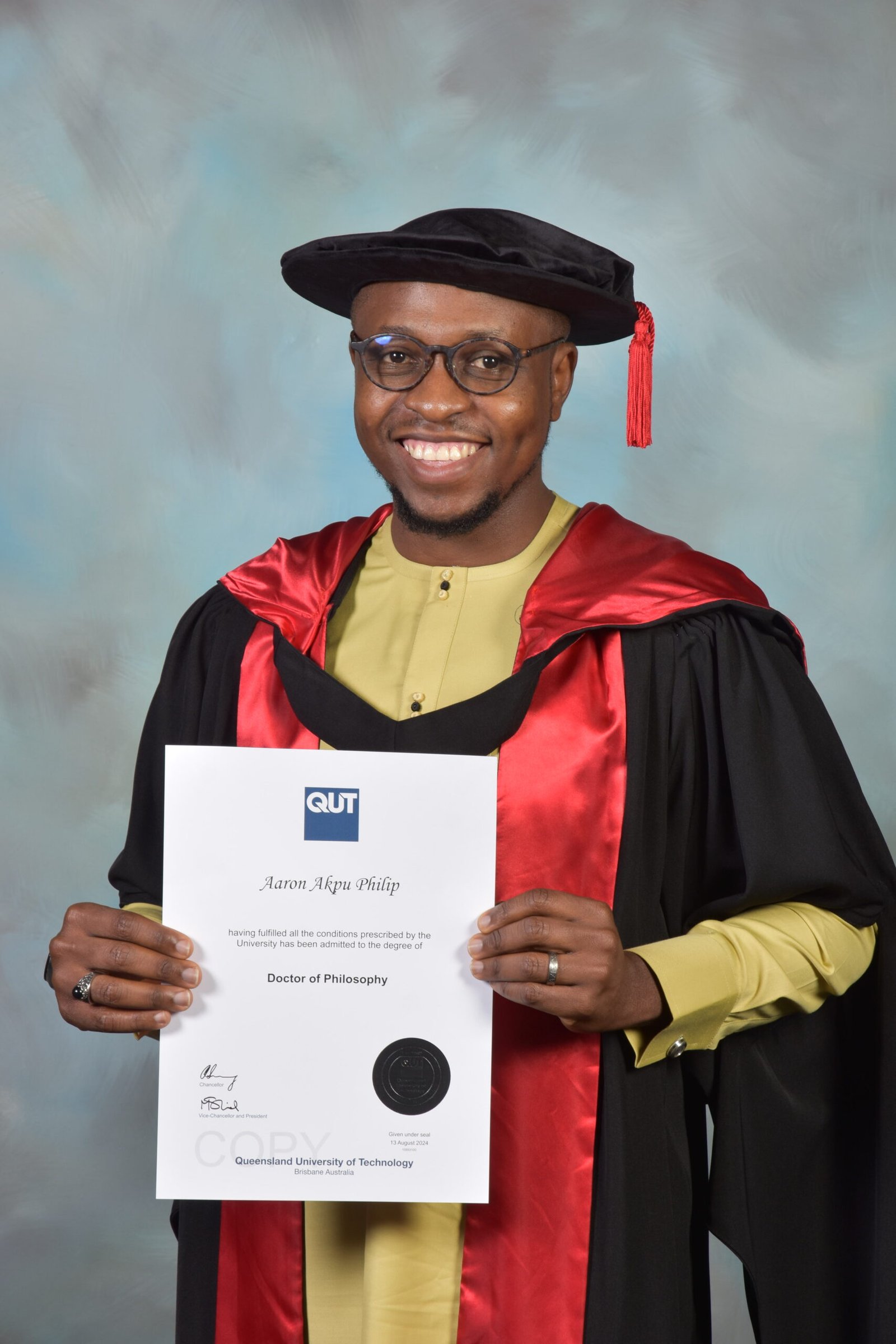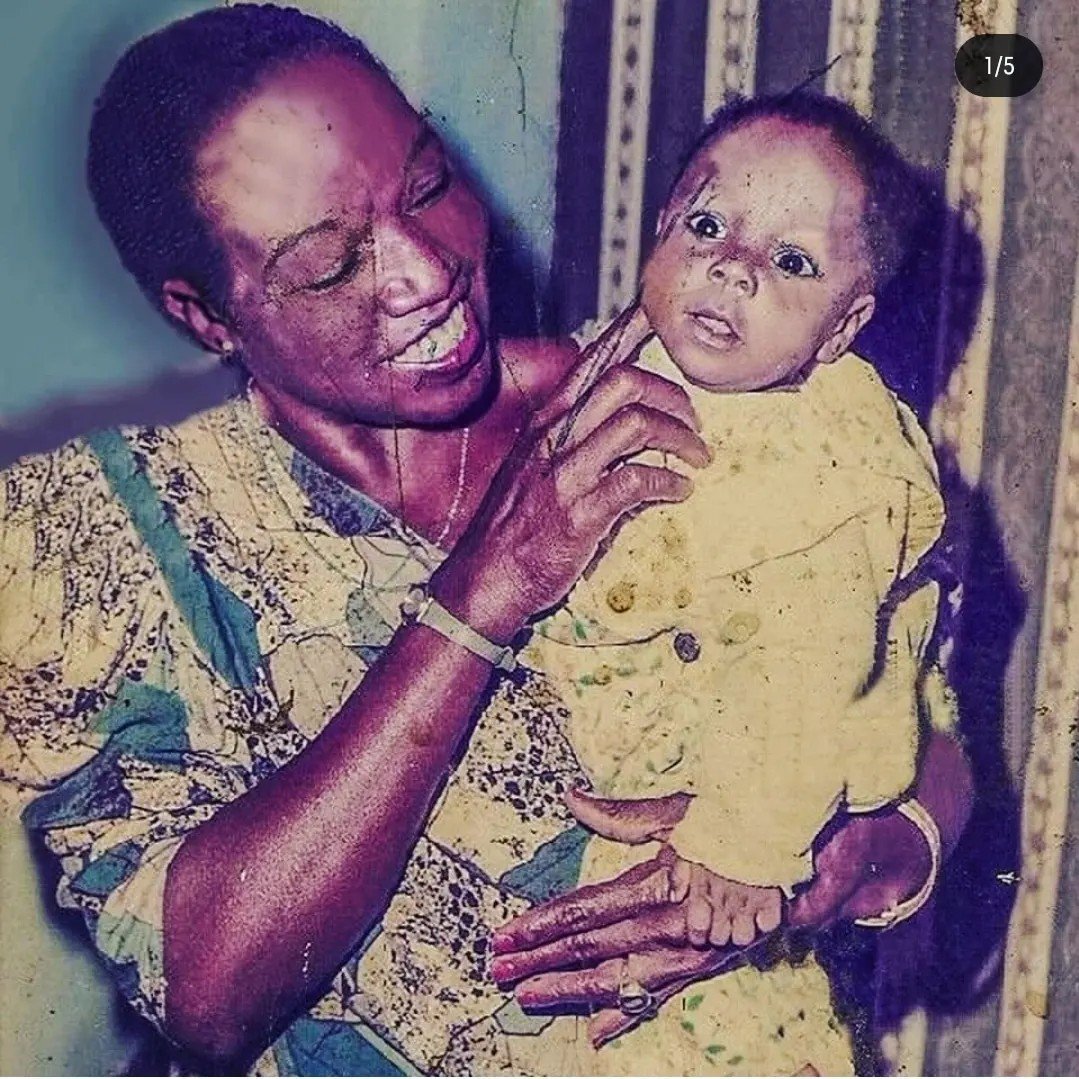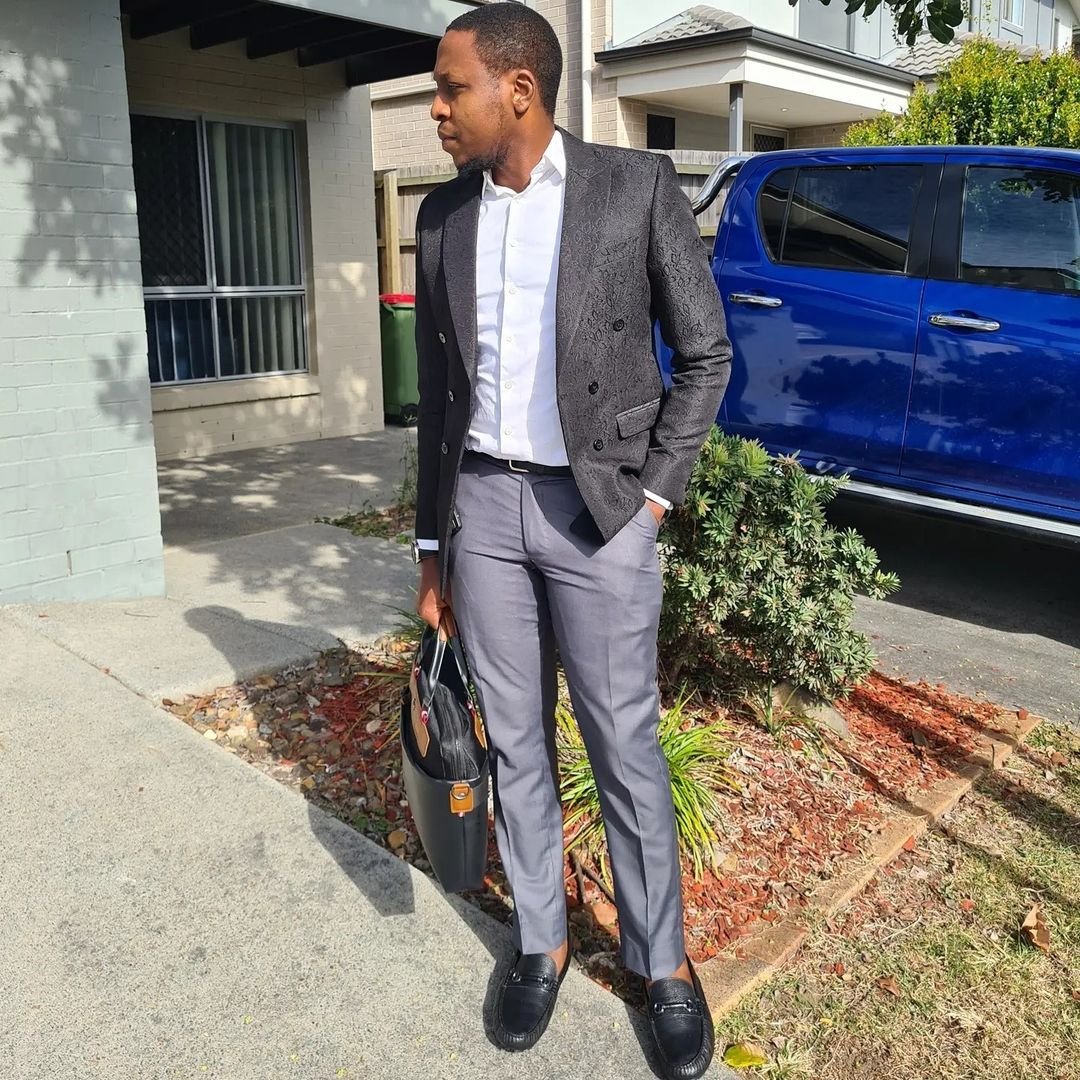
CORONAVIRUS AND DISABILITY: MORE THAN A PANDEMIC
In 2011, the World Bank and the World Health Organisation (WHO) teamed up to produce the “World Report on Disability”. This was the first report of its kind that highlighted the issues faced by Persons with Disabilities. Laudably, the report made recommendations for actions in the inclusion and prioritisation of Persons with disabilities or persons who are differently abled. Although there is still debate on how to address Persons judged to have disabilities, that is not within the remit of this article. For the sake of this piece, I will use “Persons with Disabilities (PWDs)” (Person first language).
The World Report on Disability mentioned that 15% of the world’s population experience disability. To put this in perspective, it meant one billion people have one form of disability or the other.
The “Foreword” of the report was written by Professor Stephen Hawking, a renowned astrophysicist who suffered from a motor neurone disease. At the age of 22, when Prof. Hawking was diagnosed, he was projected to have only a few years to live. Yet, despite being in a wheelchair for the best part of his adult life, he led a successful academic, professional and family life. He died at the age of 76. Although the success of Prof. Hawking can be attributed to his drive and passion, credit also goes to his family and community for providing him with the support to have a quality life. Without a supportive society, the growth of persons with disabilities will be stifled.
In the field of disability studies, two dominant models have been used to describe disability. While the Medical Model of Disability explains disability to be a medical condition that needs therapy or treatment, the Social Model of Disability argues that disability is an avoidable barrier that is placed by the society in the lives of persons with impairment. I have come to align myself with the social model of disability because it puts the onus on the society and not on the person with an impairment. In other words, if a person with a physical disability is not able to climb the stairs in a public building, it is not the fault of the person but the fault of the society for not including ramps or lift during the design of the building. As a result of issues like this, Persons with Disabilities have been marginalised across all sectors of the economy.
In Nigeria, research puts the figure of Persons with Disabilities to be between 20-25million. Although the authenticity of this figure can be contested, it provides the basis for reference. Nigeria ratified the United Nations Convention on the Rights of Persons with Disabilities (UNCRPD) and its Optional Protocol in 2007 and 2010, respectively. However, despite several years of advocacy, it was only in January 2019 that Nigeria signed into law the “Discrimination Against Persons with Disabilities (Prohibition) Act, 2018”. This means that Nigeria has committed to ensuring the welfare and inclusion of Persons with Disabilities across all sectors of the society. Although it took too long for this to happen, Nigeria has shown a positive step in meeting the obligations of the UNCRPD. During all this time and to this very point, Persons with Disabilities have had little or no access to adequate healthcare, education, employment or livelihood because the Nigerian context remained discriminatory towards Persons with Disabilities. The stereotype which has become internalised by persons with disabilities is almost as if “a person with physical disabilities is condemned to begging for alms on the street” while a person with intellectual disabilities is dubbed as a “Mad Person”. While we all lived our lives without marginalisation and restrictions, persons with disabilities have been living with the “𝙋𝙖𝙣𝙙𝙚𝙢𝙞𝙘 𝙤𝙛 𝙙𝙞𝙨𝙘𝙧𝙞𝙢𝙞𝙣𝙖𝙩𝙞𝙤𝙣” all their lives.
At this challenging time where the world and country is trying to cope with the pain of the Coronavirus pandemic, persons with disabilities have been in the lack of food, jobs, education and clean water for a long time. This is not just starting for them. This is “MORE THAN A PANDEMIC” for Persons with disabilities.
In the wake of this pandemic, the Nigeria government through the Federal Ministry of Humanitarian Affairs and other bodies have cited figures of the “so-called” poor Nigerians who are receiving stimulus packages to cushion the effects of COVID-19. Unfortunately, very little is seen or heard regarding Persons who face a double Pandemic (persons with disabilities). There is no better time for Nigeria to show the significance of the disability law it signed. This is the time to prioritise Persons with Disabilities in all parts of the country. Although the Federal Ministry of Humanitarian Affairs have been seen to be in touch with the “Coalition of Disability Organisations (CODO), more deliberate and aggressive steps are needed to cater for Persons with Disabilities.
I applaud many private individuals and development partners who are already working tirelessly to support PWDs at this time. I urge all in this space to deliberately include PWDS in all plans of support at this time. While this might not be treating the “Cause of the Causes”, it is what is needed at this time. Hopefully, after this pandemic is over, we will not forget in a hurry that there are persons among us who have always been suffering from the “Pandemic of discrimination”. It is hoped that we become more conscious of the presence of persons with Disabilities and reconfigure our thoughts and societies to suit differently abled persons.
This is a call for the Nigerian Government (at Federal,state and local Government levels) and us all to prioritise persons facing the double pandemic of Coronavirus and disability. Let us move from just signing the law. Let us honour the law at this time of COVID-19. There is no better time.
Aaron Akpu Philip
Doctoral Researcher/Sessional Academic
School of Public Health & Social Work
QUT, Australia
Graphics design by Agbutun Abuluya.

THE MAKING OF DR. AARON AKPU PHILIP (DR AAP)

LIFE CAN COME FROM DEATH: MY PERSONAL FIGHT WITH HIV/AIDS

THE PHD JOURNEY IS OVER

AN IMAGINED CONVERSATION

TAKE ADVANTAGE OF THE FAILURE


